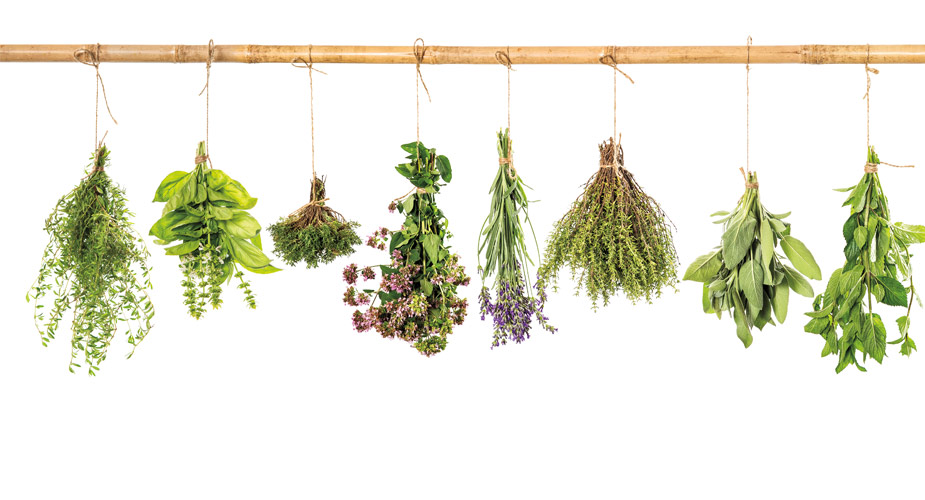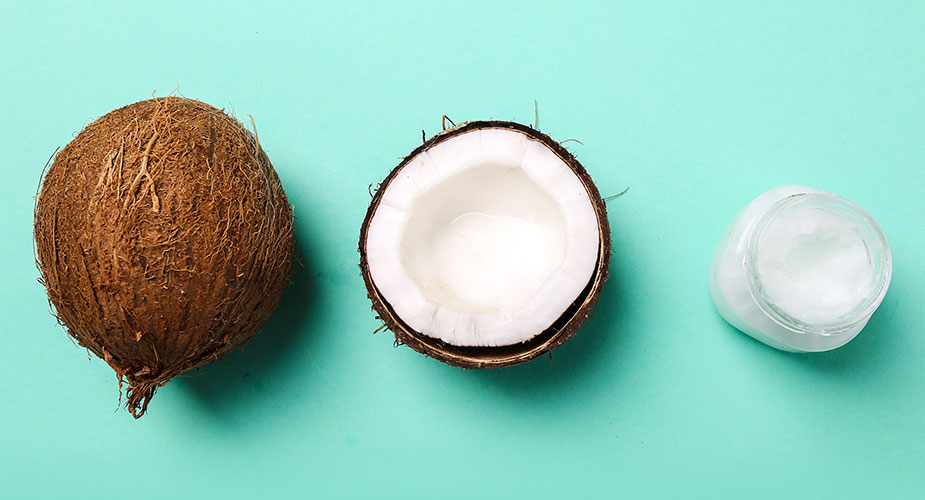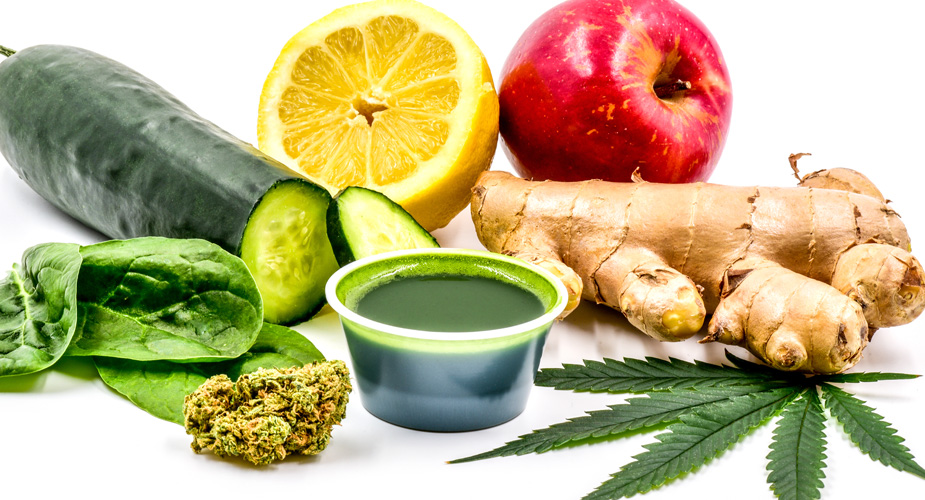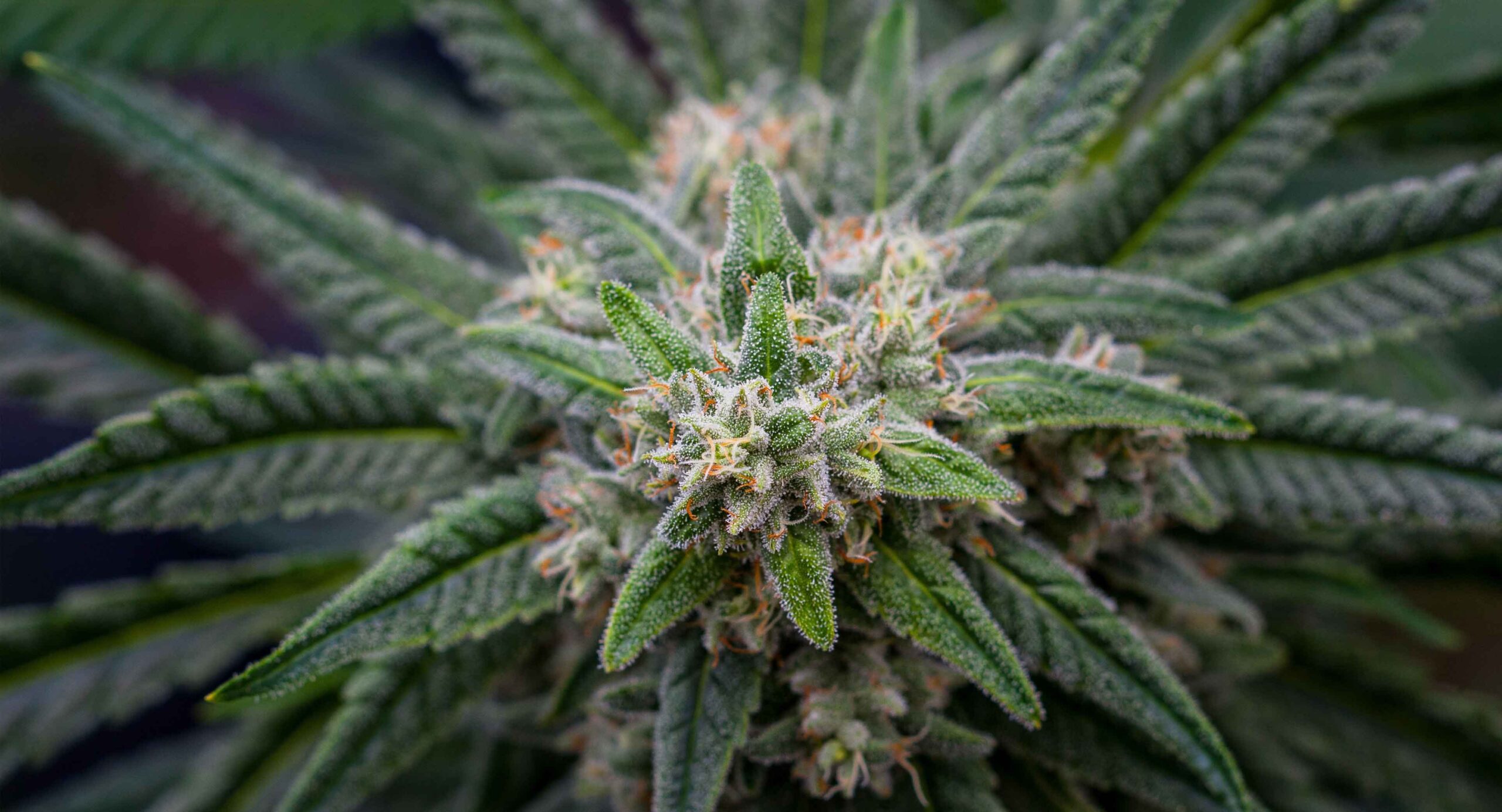We all know that using any medication, let alone botanical medicines, is a trial and error experience. Our goal is to find the minimum effective dose for addressing the symptom or condition we are targeting, but depending on the method of intake, this can be a challenge.
Humans have used smoking blends for centuries for medicinal, spiritual ceremonies, and for recreation, thus making inhalation one of the most recognizable uses of botanical medicine. However, when inhaling an herb, our absorption rate ranges from 30-60% which makes accurate dosing very hard. Rapid-onset is possible as the capillaries in the lungs allow for quick access to our blood supply, and effects may be felt almost immediately. When inhaling, time how long you inhale and how long you hold in the smoke or vapor. It’s a good idea to wait 10-15 minutes before a second dose. Make sure to monitor the effects. In the medical world, a 30% reduction of pain is considered good, however your goal might have been to calm nerves and allow anxieties to wash away. Only you will know if your dose was effective for the symptoms you were trying to address.
Most people think of tobacco or cannabis when considering what to smoke or vaporize, but did you know that you can inhale many other medicinal herbs as well? Many organically-sourced botanicals can be blended making an ideal alternative to tobacco cigarettes and cannabis.
Here are a few smoking herbs to consider for sleep, as well as anxiety and stress, or simply a vision quest with friends:
Mullein: (Verbascum thapsus) – Mullein leaves are the classic herbal smoke. They can quickly clear the bronchia, open the airways, and jump-start breathing during asthma attacks.
Catnip: (Nepeta cataria) – Generally the leaves of this plant are used and when smoked warms the whole body, and may produce a sense of calm and sometimes a mild sense of euphoria.
Damiana: (Turnera diffusa) – Throughout history, Damiana has been used to relieve nervousness, anxiety, and mild depression, especially if these symptoms have a sexual component.
Hops: (Humulus lupulus) – Traditionally used as a sedative for relaxation and stress reduction. May also be good for agitation, stress and nervousness.
Lavender: (Lavandula angustifolia) – By inhalation, lavender is used as aromatherapy for loss of sleep, pain, and agitation related to dementia. Lavender flowers are soothing and provide an enjoyable floral flavor to smoking blends.
Skullcap: (Scutelaria lateriflora) – It has a pronounced, tingly body high and smells like cannabis when burned. It’s also useful for reducing anxiety and fighting sleeplessness. It’s known to nourish and calm the central nervous system.
Mugwort: (Artemisia vulgaris) – This unique herb has long been used as a nervine and to promote dreaming. If you rarely remember your dreams, this will help you. It will create more vivid dreams and can even stimulate lucid dreaming.
Motherwort: (Leonurus cardiaca) – Some recommend smoking Motherwort to promote astral projection. This herb alters perception when smoked.
A little humidity goes a long way to make an herbal smoking blend more pleasurable. Herbs are sometimes too dry to make a good smoking blend, so a light spritz of water and storing the herbs in a closed vessel allows the herbs to absorb the moisture and thus make the smoke more enjoyable.
Have fun mixing, matching, and blending your perfect herbal smoking blend for recreation or medicinal use. However, if you find smoking or vaporizing is not for you, remember, there other ways to use botanical herbs including topical and sublingual oral dosing. Exploring plant medicine is about you getting to know your body by matching the right herbs, at the right dosage, in the right fashion, for you.
Disclaimer:
This article contains information about herbs, including cannabis, and is for general health information only. This article is not to be used as a substitute for medical advice, diagnosis or treatment of any health condition or problem. Readers of this article should not rely on information provided here for their own health problems. Any questions regarding your own health should be addressed by your own physician or other healthcare provider.




